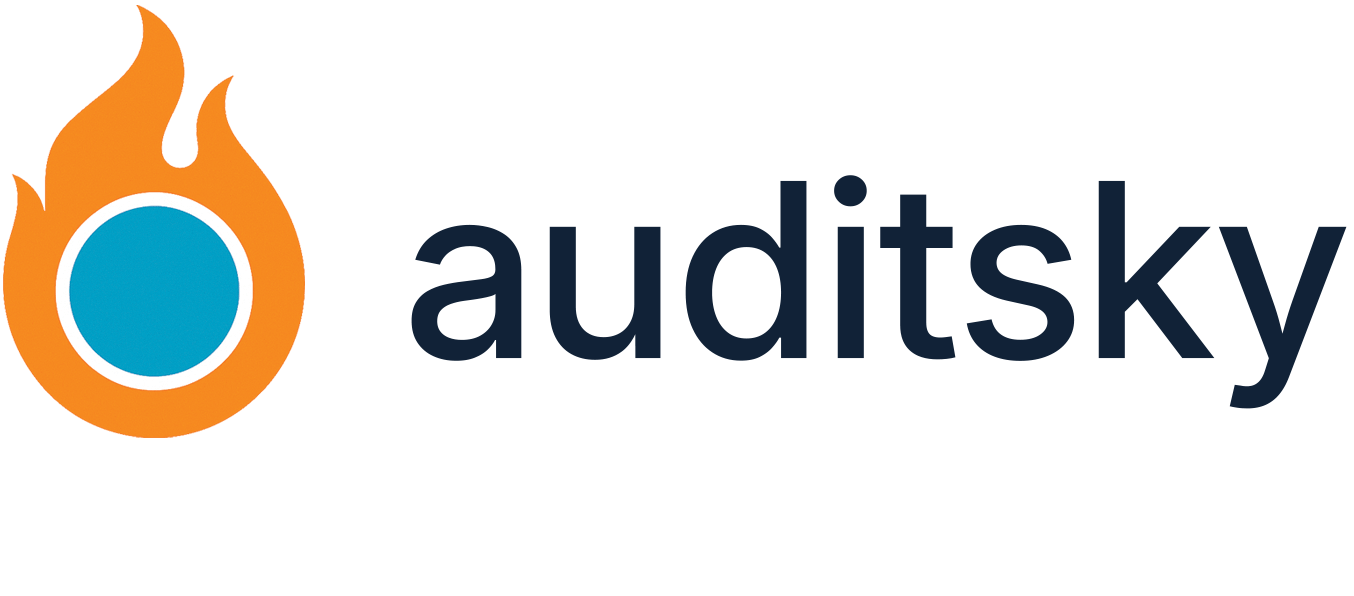As AI continues to reshape how people discover and consume content, many marketers and agency owners are asking the same question: Is traditional SEO still enough? The rise of AI-powered search (like ChatGPT, Gemini, and Perplexity) means websites now need to be optimized not just for Google, but for AI systems too.
In this article, we’ll break down the key differences and similarities between AI optimization and SEO optimization, and help you understand how to future-proof your site for both.
What Is AI Optimization?
AI optimization focuses on making your content more discoverable and usable by AI tools, like ChatGPT, Gemini, or AI-powered snippets in search results. This includes:
- Clear and structured content
- Factual accuracy
- Up-to-date information
- Proper use of schema and metadata
- Natural, conversational phrasing
- Embedded context (FAQs, summaries, definitions)
What Is SEO Optimization?
SEO (Search Engine Optimization) is the process of improving a website so it ranks higher in traditional search engines like Google and Bing. This includes optimizing for:
- Keywords
- On-page structure (title tags, meta descriptions, H1s)
- Backlinks
- Site speed and mobile usability
- Structured data (schema)
Side-by-Side Comparison: AI Optimization vs SEO Optimization
Below is a side-by-side breakdown of how AI optimization and SEO optimization differ — and where they overlap. While both aim to improve visibility online, they cater to different platforms, follow different rules, and prioritize different signals. Use this chart to better understand how to prepare your content for both traditional search engines and modern AI-powered discovery tools.
| Feature/Factor | AI Optimization | SEO Optimization |
|---|---|---|
| Target Audience | AI models (ChatGPT, Gemini, Perplexity) | Search engine crawlers (Google, Bing) |
| Goal | Visibility in AI answers/summaries | Higher search rankings |
| Content Style | Conversational, clear, human-friendly | Keyword-focused, often formal |
| Update Frequency | Fast — pulled from latest available data | Slower — indexed by bots |
| Technical SEO (Tags/Structure) | Important, especially structured data (schema) | Essential (titles, H1s, schema) |
| Backlinks | Less relevant to AI-generated answers | Strong ranking factor |
| Authority Signals | Based on clarity, accuracy, and citations | Based on backlinks, domain age, etc. |
| Content Structure | Summaries, FAQs, bulleted insights favored | Intro > Headers > Paragraphs |
| Optimization Tools | AI-focused audits, schema, clarity tools | Yoast, SEMrush, Ahrefs, etc. |
| Primary Discovery Platform | AI assistants, chat interfaces | Google Search |
Final Thoughts
The smart move isn’t to choose between SEO or AI optimization — it’s to combine both. Future-ready websites are those that rank well on Google and appear as trusted sources in AI tools. By structuring content clearly, adding schema, writing naturally, and staying up to date, your site can do both — and win more traffic and leads across platforms.
